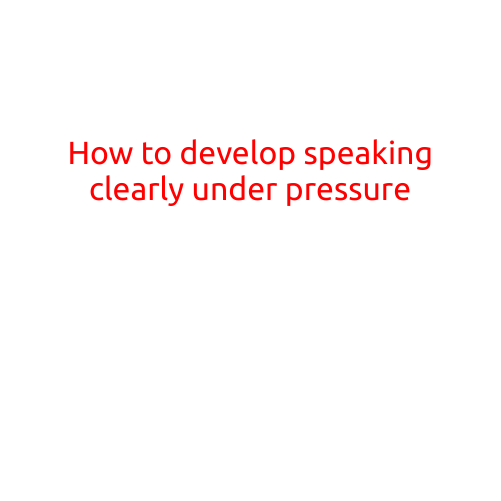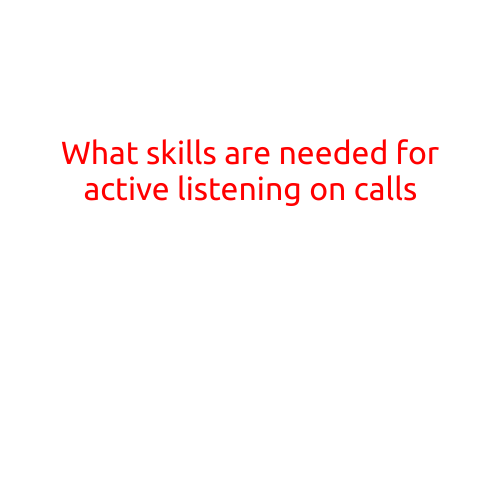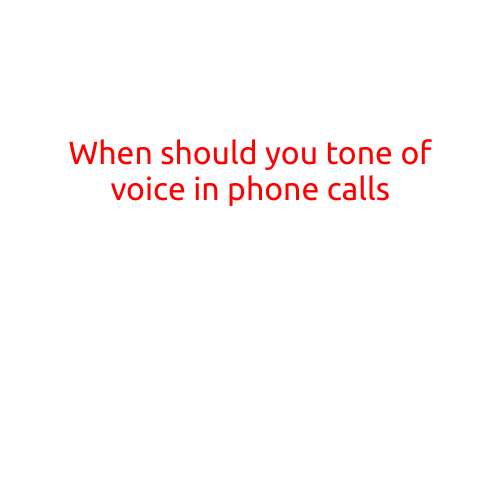
How to Improve Dealing with Angry Callers: Tips and Strategies
Dealing with angry callers can be one of the most challenging and frustrating aspects of any customer service or sales role. It’s natural to feel anxious or defensive when faced with a upset or irate individual, but effective communication and empathy can go a long way in resolving the issue and turning a negative experience into a positive one.
In this article, we’ll explore some valuable tips and strategies on how to improve your skills in dealing with angry callers, ensuring you provide exceptional service and maintain a positive reputation for your organization.
I. Acknowledge and Validate Their Feelings
When an angry caller reaches out to you, it’s essential to acknowledge their emotions and show empathy. Begin by acknowledging their frustration or anger, and do not interrupt or dismiss their concerns. Use phrases like, “I understand why you’re upset,” or “I apologize for the inconvenience you’ve experienced.” This helps to diffuse tension and shows that you’re listening to their issue.
II. Stay Calm and Composed
It’s crucial to maintain a calm and composed demeanor when dealing with angry callers. Avoid getting defensive or emotional, as this can escalate the situation further. Take a deep breath, count to ten, or pause for a moment before responding to the caller. This helps you regain control of the conversation and think clearly about how to address the issue.
III. Communicate Clearly and Concisely
When communicating with angry callers, it’s essential to be clear, concise, and transparent. Avoid using jargon or technical terms that may confuse the caller. Instead, use simple language and provide explanations that are easy to understand. Be specific about the actions you’re taking to resolve the issue and provide a clear timeline for follow-up.
IV. Focus on the Issue, Not the Person
When dealing with angry callers, it’s easy to get personal and focus on the individual’s behavior or tone. However, it’s essential to remain focused on the issue at hand and avoid taking it personally. Remember, the caller’s anger is likely a result of their frustration or concern about the issue, not a personal attack on you.
V. Offer Solutions and Compromise
Angry callers often expect a quick resolution to the issue, so it’s essential to offer solutions and compromises. Listen carefully to their concerns and provide alternatives or suggestions that meet their needs. Be flexible and willing to compromise, but also ensure that any agreements you make are reasonable and within your authority.
VI. Follow Up and Follow Through
After resolving the issue, it’s crucial to follow up with the caller to ensure that the issue is fully resolved and they’re satisfied with the outcome. This helps to rebuild trust and demonstrates your commitment to providing excellent customer service. Make sure to document the issue, the solution, and any follow-up actions in a customer service database or ticketing system.
VII. Practice Active Listening
Active listening is a crucial skill when dealing with angry callers. It means paying attention to the caller’s concerns, asking clarifying questions, and paraphrasing what they’ve said to ensure understanding. Use phrases like, “Just to clarify, let me make sure I understand…” or “So, you’re saying…” to show that you’re actively listening to the caller.
VIII. Stay Patient and Persistent
Dealing with angry callers can be a long and emotionally draining process. It’s essential to stay patient and persistent, even when the caller is being hostile or aggressive. Remember that you’re trying to resolve the issue and provide excellent customer service, not “win” an argument.
Conclusion
Dealing with angry callers requires a combination of effective communication, empathy, and problem-solving skills. By following the tips and strategies outlined in this article, you can improve your ability to handle difficult conversations and turn a negative experience into a positive one. Remember to stay calm, focused, and patient, and always prioritize the needs and concerns of the caller. With practice and patience, you’ll become a master at handling angry callers and providing exceptional customer service.





